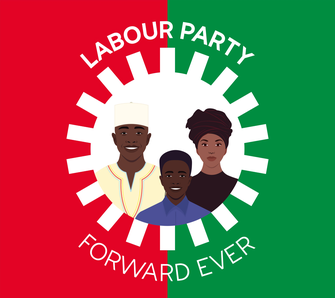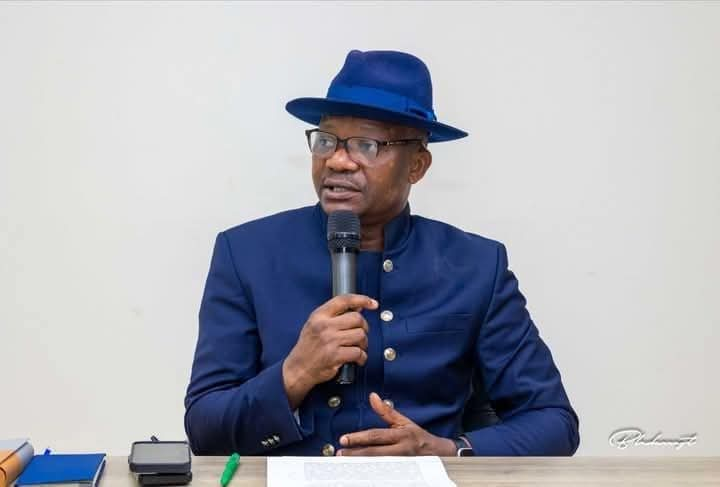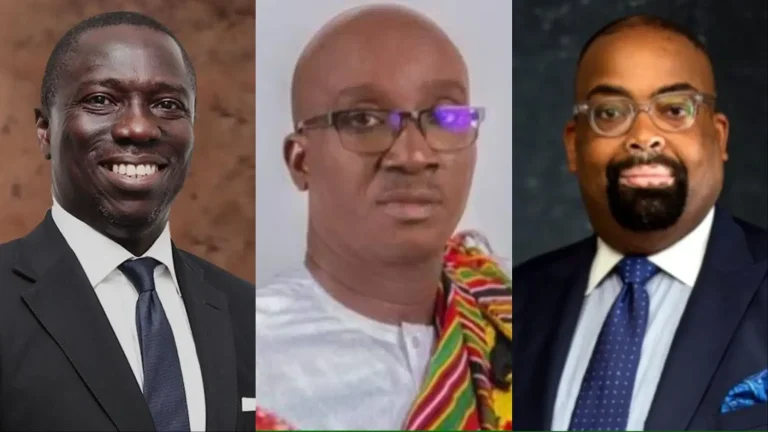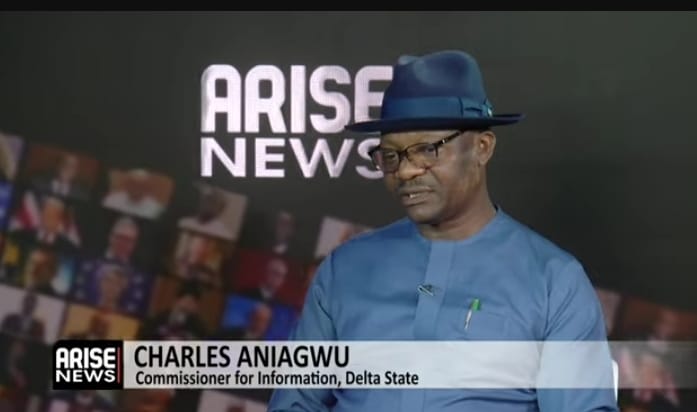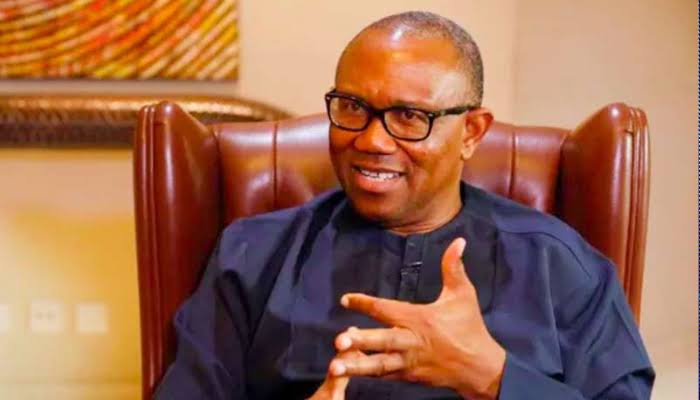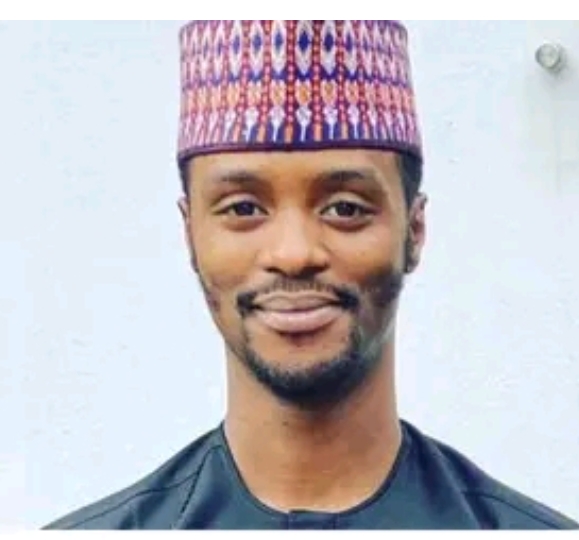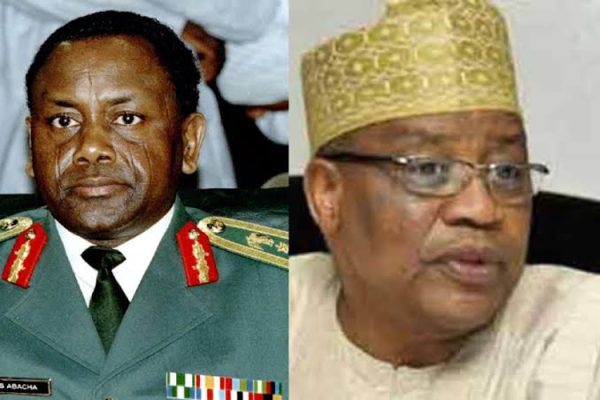The halfway mark of any journey invites a reckoning, and politics is no exception. In mature liberal democracies, the reckoning is built into the calendar: mid-term elections test the strength of the governing party by subjecting its record to the electorate’s cold appraisal. One of the defining features of American-style liberal democracy is the midterm performance review, typically carried out through congressional elections. These elections serve as a referendum on the executive arm of government, allowing citizens to reward or punish the party in power based on its performance. In this model, electoral outcomes are influenced more by lived experiences and perceptions of government efficacy than by party loyalty or ethnicity.
However, Nigeria, which claims to have adopted the American-style presidential model of democracy, lacks such institutionalised midterm reviews. Our electoral system is structured around end-of-term verdicts, often distorted by electoral manipulation, weak accountability systems, and voter apathy. More curiously, we have observed an inverted pattern: the worse a government performs, the more its ruling party appears to be rewarded at the polls—2015 being the most notable exception, when an incumbent president lost his seat.
Against this backdrop, the question arises: Will the current 2023–2027 political cycle be any different? This column initiates a de facto midterm review by evaluating the performance of Nigeria’s 36 state governors at the halfway point of their tenures. The focus on governors is deliberate: state executives are often closer to the people, are more accessible, and are directly responsible for delivering basic services such as education, healthcare, road infrastructure, and local security coordination. More importantly, they control significant fiscal resources. Their decisions impact economic growth, job creation, food security, and poverty alleviation.
In Nigeria, every gubernatorial term glides past its midpoint in near silence. Only a handful of columnists, civil-society groups and citizens pause to ask whether those who promised transformation in May 2023 have delivered even modest change by May 2025. That silence is costly. It allows underperformance to harden into habit and propaganda to pass for progress, until the electorate wakes up on election day to discover that four years have passed.
The indices for the performance of our governments presuppose that in a democracy, direct government involvement in development can advance society. That may be true in the cases of social development—education, healthcare, and poverty reduction. However, governments must deploy the resources at their disposal to promote private sector initiatives. That is an area where the Nigerian system seems to lack clarity and focus.
Consider the scale of the resources at stake. In just two fiscal years, the 36 states collectively budgeted ₦47.75 trillion—more than the entire annual budgets of fifteen African countries combined. Nearly two-thirds of the ₦15.26 trillion shared from the Federation Account Allocation Committee (FAAC) in 2024 alone poured into state and local government coffers. If we juxtapose this level of resource allocation against on-ground performance, the discrepancy becomes glaring. The problem is not just underperformance, but the complete misalignment of priorities. Too many governors approach governance as an extension of political campaigns—prioritising visibility over value, short-term optics over long-term transformation. When numbers of that magnitude yield potholes, empty hospital wards, absence of classrooms and unpaid teacher salaries, it is difficult to avoid the conclusion that Nigeria’s problem is not scarcity but squandering—of money, of opportunity and, ultimately, of hope.
Seven lenses offer a clear view of what has gone right and wrong by this mid-term point. The first lens—security—exposes the fault line in Nigeria’s federal structure. Governors rail against constitutional limits on their power to command police and security formations, yet few have exploited the tools within reach: credible local intelligence networks, robust coordination with federal agencies and transparent funding of community-based initiatives. Where such steps have been taken—Niger’s vigilante partnership in the north-central or Ondo’s Amotekun collaboration in the south-west—kidnapping incidents have fallen. Where they have not, violence has spread across farming belts, choking food production and inflating prices for the urban poor.
Education and health, the twin pillars of human capital, reveal a different kind of failure: one of imagination. Nearly every inaugural address in 2023 bristled with promises of “world-class” schools and “21st-century” hospitals; two years later, many of those promises rest on foundation trenches already filling with weeds. Instead of innovation, there’s inertia. An exception glimmers in Enugu, where a Smart-School initiative has equipped classrooms with broadband, tablets and a curriculum that blends coding with civic education. Enrolment has climbed; learning outcomes, measured by early literacy tests, are inching upward. Kaduna state’s innovative healthcare approach, based on unified health data and health insurance, stands out. Yet the overall picture remains grim: strike-weary teachers, phantom waivers for healthcare equipment and maternity wards that rely on kerosene lanterns when the grid fails. Beyond such isolated examples, most states show no sign of high-level thinking or policy creativity.
Agriculture ought to be the foundational line of defence in a country where food inflation has breached 30 per cent. While Nigeria remains food insecure, most states depend on subsistence farming with no value chain development. Most states still treat farming as a social welfare programme rather than a business. Seed subsidies are distributed moments before the rains, storage silos lie rusted by the roadside, and farm-gate produce spoils because feeder roads crumble in the wet season. Credit is scarce and land titling opaque. Agro-processing—a key link to job creation and economic diversification—is almost non-existent.
However, a handful of states, such as Enugu, Ebonyi,Cross River, Jigawa, Kebbi, Nasarawa, Kaduna, Benue, Oyo, Lagos, and Niger, have taken commendable steps toward establishing agro-industrial hubs, supporting farmers with inputs, and investing in storage and logistics. Enugu with the farm estates and special agro industrial zone, Cross River with its oil palm estate and cocoa-processing plant, Jigawa with an irrigation-backed rice cluster, Lagos with the Imota rice mill and Niger with massive investment in farm equipment, irrigation and integrated livestock zones—show how targeted investments can lengthen the value chain, generate jobs and expand internally generated revenue. These pockets of promise, however, remain the exception.
The economic-growth lens sharpens the argument. The National Bureau of Statistics has yet to publish state-by-state GDP figures for 2023 and 2024, but the lived experience is instructive. Outside a few commercial hubs—Lagos anchored by services, Rivers by oil, Ogun by manufacturing estates—most states have not shifted from consumption to production. The manufacturing sector, a crucial driver of employment and foreign exchange, is in decline across over 90% of states due to poor infrastructure, unreliable power supply, and insecurity. Governors prefer to tout road construction projects—many overpriced, poorly executed, or outright abandoned—as evidence of development. Yet, these projects often have little to no economic multiplier effect. Internally generated revenue averages a paltry 15 per cent of total receipts nationwide, leaving states dangerously exposed to the ebb and flow of oil-derived FAAC transfers. In effect, the governor’s campaign is based on the rhetoric of entrepreneurship but governed by the mathematics of entitlement.
Infrastructure is where rhetoric and reality collide most visibly. Billboards display smiling portraits beside “legacy projects,” yet many of those projects are mere political capital—roads resurfaced in an election year using substandard asphalt, bridges that crack under their first flood, housing estates marketed to middle-income families who cannot afford them. Procurement rules are bent to favour cronies; oversight committees meet seldom, if at all; and whistle-blowers quickly learn that silence is safer than scrutiny. In the most egregious cases, contractors are mobilised with hefty advances, abandon the site after clearing the bush, and reappear at campaign rallies to pledge loyalty to the governor’s “vision.”
That pattern bleeds into the final lens: good governance. Most governors have failed to develop precise policy thrusts or articulate a developmental vision for their states. There is an over-reliance on propaganda and political theatrics, while serious policymaking is neglected. Public participation is minimal, budgets are not people-oriented, and many citizens are unaware of what their governments stand for. This absence of clarity has created a vacuum of leadership at the subnational level. As hunger, unemployment, and hopelessness deepen, people are increasingly disconnected from state structures.
That said, there are high points worth noting. Niger and Enugu States have made meaningful efforts to create a welcoming environment for private investors, simplify bureaucratic processes, and offer incentives that have drawn interest in sectors such as power and agriculture. A few other states have demonstrated courage in tackling previously ignored sectors, experimenting with innovative educational models or agricultural partnerships.
How many state governments in the 2024-2025 fiscal year published their annual budget, budget implementation report, Internally Generated Revenue monthly report (IGR), current debt profile, audited statement and policy statement on their website? Abia, Enugu, Nasarawa, Jigawa, Anambra, Niger and Ekiti may be the only exceptions. Ebonyi gets credit for subjecting its proposed budget to referendum before legislative approval. Compared to the 2022 survey, states were less open and transparent in 2024. The inference to draw is that most state governments do not care about transparency and citizen engagement.
As we enter the second half of this administration’s tenure, the questions confronting Nigerians are profound. Will governors use the remaining time to recalibrate their strategies, articulate clear policy goals, and invest in transformational projects? Or will the next two years mirror the first—marked by more trial and error, corruption, and politically motivated showmanship? What should Nigerians demand in the remaining two years of this cycle? These questions merit immediate consideration.
Midterm reviews may not be codified in Nigerian law, but they are an important democratic tool. They serve as a moral and civic audit of our leaders’ stewardship. For citizens, civil society, and the media, this is a moment to hold governors accountable—not just for what they have done, but also for what they have failed to do. Half-time is over. The second half beckons, and the scoreboard is visible to everyone looking.

